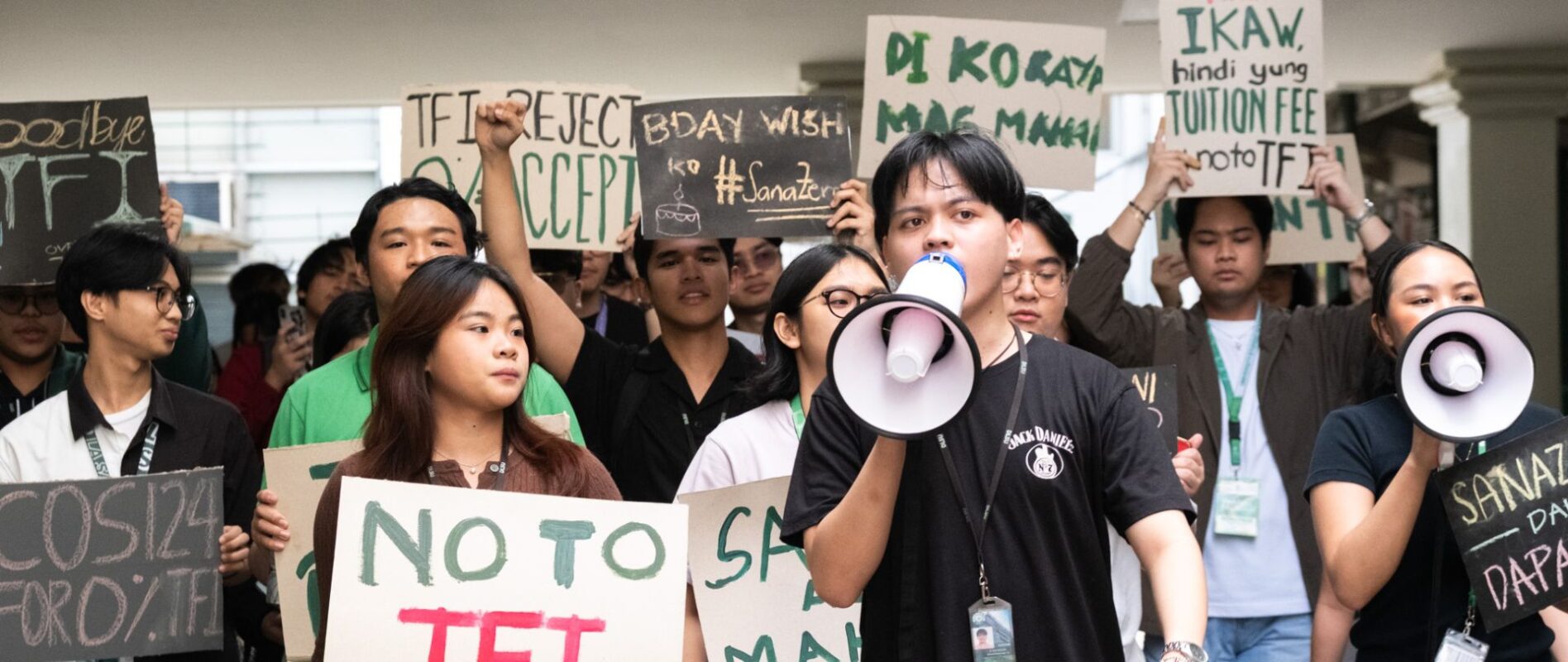LATE EXPRESSION OF ALARM ON PH STUDENTS’ LOW APTITUDE MORE ALARMING, SAYS NUSP
THE NATIONAL Union of Students of the Philippines decried Malacañang’s late expression of alarm over Filipino learners’ poor aptitude, saying that the delayed reaction was “more alarming.”
NUSP National President Jandeil Roperos was reacting to the statement issued by Malacañang on the World Bank report that 80 percent of Filipino students fall below the minimum proficiency levels.
The Bank said the country ranked last in reading and second to the last in science and mathematics among 79 countries that participated in the Program for International Student Assessment.
The report said that one in every four Grade 5 students lack the proficiency in Math and reading for second and third graders.
It added that four in every five 15-year-old students do not know basic mathematical concepts like fractions and decimals while only 10 percent to 22 percent of Grades 4, 5, and 9 learners scored “at or above minimum proficiency.”
“While this alarm expressed by Malacañang is necessary, it is more alarming for us students that we are only now getting that reaction from the state. This has been a systemic problem with multidimensional and multisectoral aspects, and as the World Bank report has said, it has been exacerbated by the pandemic,” Roperos said.
“If they truly are alarmed, then where is the response on this call that has long been sounded by the students? This is the challenge to Malacañang — heed the calls of the students and educators! Address the threats to the clear and safe future of students and youth,” she added.
On Thursday, Palace Spokesperson Harry Roque admitted that the World Bank report was disturbing and alarming.
However, Roque said that he is confident that the Department of Education will study and discuss ways to improve the quality of education.
He added that DepEd is introducing reforms to allow students to adapt to the new normal.
However, Roperos stressed that prolonged school closures compromised the quality of education.
She urged Malacañang to have concrete plans and inclusive steps in continuing education amid the pandemic.
“At the onset of the pandemic, there should be this alarm from the state already. In crafting the policies to continue education amid the outbreak, there should have been comprehensive plans and funds allocated to the safe and gradual resumption of physical classes as the relatively most accessible mode of education,” she said.














